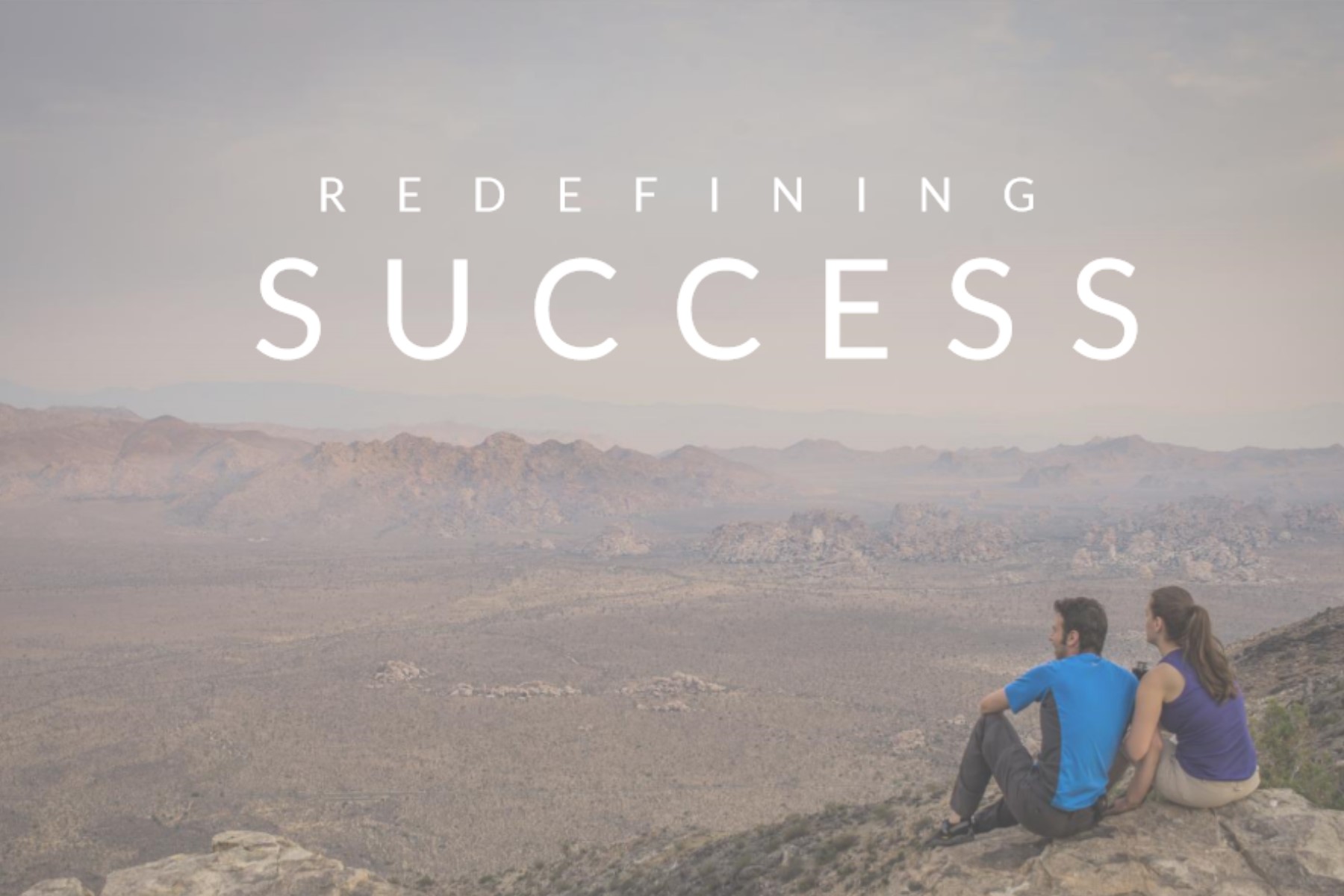Redefining Success

There’s a certain element of freedom that exists in exploring a topic in a good academic atmosphere. The experience of engaging students, and keeping them engaged, in the topic at hand is at once exhilarating and challenging. This is especially true when you’re discussing with them the real applicability of what they learn to their own lives. And helping people understand from a young age that they are worthy can have amazing consequences.
Rachel and I were recently invited by one of our good friends, Cortney, to speak to a group of SIGNET students (a class for advanced “gifted” learners) about being entrepreneurs and becoming who you want to be. Being who we are, we decided to take it a step further.
It probably comes as no surprise that for the past year or so, we’ve been doing extensive and intense personal work; really attempting to understand ourselves, who we are, where we’re heading, and if that jibes with where we want to go. For us, the invitation to speak to these young men and women became a case of the classic question, “What do you know now that you wish you knew at 16?”
We had quite a list, and we intended to share it.
We began talking about basic entrepreneurial principles and myths, but then ventured into more personal territory. We discussed some elements of what it’s like to work together as a husband and wife team, how we’ve been trying to reframe our own lives, and even professional and personal failures.
It’s a powerful thing to tell a young person that you don’t have the answers; that nobody really does, in many cases. Furthermore, it’s rather intimidating to admit to a class that you’re talking as much to yourself as you are to them when it comes to accepting and working through failure and “imposter syndrome.” Since we’re programmed to see the faults in things, we can tend to focus on them in ourselves and cease to value our own abilities and contributions.
Particularly striking to me was a young man who had engaged with me during the course of the class, asking various (rather intelligent) questions at several points. But the last question he asked took me aback. As a member of the football team, he was worried about not being taken seriously in his other pursuits, and beyond that, felt that he was “not good at anything else.”
I didn’t even hesitate in my response.
“Listen to me,” I said, “that’s crap.”
Yeah, I got a small gasp from the room of high schoolers for that one. But he looked into my eyes and I continued to channel my inner Tony Robbins.
“You are obviously intelligent, and I KNOW you have things that you are good at. All of you do. If you decide that you love something and want to pursue something, do it; don’t worry what other people say about you. You have to decide for yourself if that’s something you want to do, and nobody else can make that decision but you.”
Having had powerful interactions with teachers before, and having a little experience teaching myself, I understand firsthand that the things teachers say to students can have an impact far beyond what they’ll ever know. As the period dwindled and I looked around, I was rather astonished at the amount of intelligence and talent that was sitting there in that room. Young men and women who wanted to go into every sort of field—lawyers, military leadership, engineering, and even photography. I wondered what impact our little talk might have on them over the following years of their lives, and what they might garner from the resources we left them with.
We all have a responsibility to future generations, to future leaders of all sorts. What we say to them matters profoundly. When young people approach you to ask for advice, what are the best life lessons you share with them?
Be the first to comment